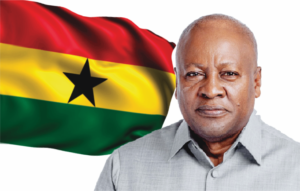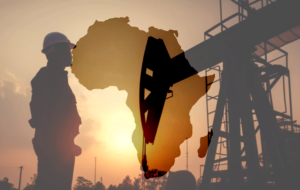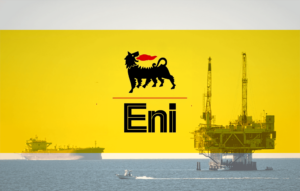Dangote Refinery to Begin Free Fuel Distribution, Cuts Petrol Price to N841/Litre

From Lagos-Nigeria, a move that could reshape Nigeria’s fuel economy and ease the pain of rising living costs, the Dangote Refinery has announced that it will begin a nationwide free fuel distribution programme on Monday, while also slashing petrol prices to N841 per litre in Lagos and across the South West.
The initiative, confirmed in a statement by Dangote Group’s spokesperson, Anthony Chiejina, is expected to roll out first in Lagos, the wider South West, the Federal Capital Territory (Abuja), as well as Kwara, Delta, Rivers and Edo States.

“We are starting the free fuel distribution scheme on Monday. We will start with Lagos and the South West, Abuja, Kwara, Delta, Rivers and Edo States. There will be a drop in price effective on Monday when the free distribution starts,” Chiejina said.
To many Nigerians, the announcement represents a rare dose of optimism in a year marked by fuel scarcity, inflation, and the removal of petrol subsidies that have pushed household costs to record highs. With petrol currently selling above N1000 per litre in some states, Dangote’s N841-N851 pricing could save consumers hundreds of naira per refill.
Commuters, small business owners and transport operators, many of whom have seen daily earnings wiped out by soaring costs, are expected to benefit most immediately. A lot of commercial drivers across Lagos, Southwestern States and Nigeria, will embrace this announcement with a breathe of ease, as the first good news heard in months over the fuel course, since subsidy removal.
The scheme, which was initially slated to begin in August, had faced delays due to logistics challenges tied to equipment deliveries from China. But with the refinery now receiving over 1,000 fuel trucks, operations are finally set to commence. More states are expected to benefit as additional trucks arrive in the country, widening the reach of the scheme.
The refinery’s move comes at a politically sensitive time. With public frustration rising over the cost of living, food inflation, and fuel shortages, Dangote’s announcement may ease pressure on both households and government policymakers.

While the federal government has not officially partnered in the scheme, industry analysts suggest the move could reduce political tensions around subsidy reforms and the liberalisation of the downstream oil sector. Some observers see it as a private-sector intervention that fills a gap left by the state, while others question how sustainable the free fuel component will be.
In a related development, Dangote announced it has begun rolling out a fleet of compressed natural gas (CNG) powered trucks to strengthen its logistics chain and reduce costs. The company aims to deploy 10,000 CNG trucks this year, despite recent spikes in CNG prices.
“Even though we recently noticed how the CNG prices doubled a week ago, that will not deter our 10,000 CNG truck roll-out this year,” the statement read. The shift to CNG is also in line with government efforts to promote cleaner and cheaper alternatives to petrol and diesel.
Critics, however, warn that the free fuel scheme may be more symbolic than structural, given the scale of Nigeria’s demand. Daily national consumption is estimated at over 50 million litres of petrol, raising questions about how long Dangote can sustain free giveaways.

Still, for many Nigerians struggling to keep up with transport costs, the scheme offers immediate relief and a signal that the country’s biggest private-sector player is stepping into roles traditionally left to government.
As the programme kicks off on Monday, all eyes will be on filling stations across the Southwest and beyond. Whether it sparks wider price reductions in the market, or simply offers temporary respite, remains to be seen.
Though, in the interim, Nigerians are lining up with cautious hope.






